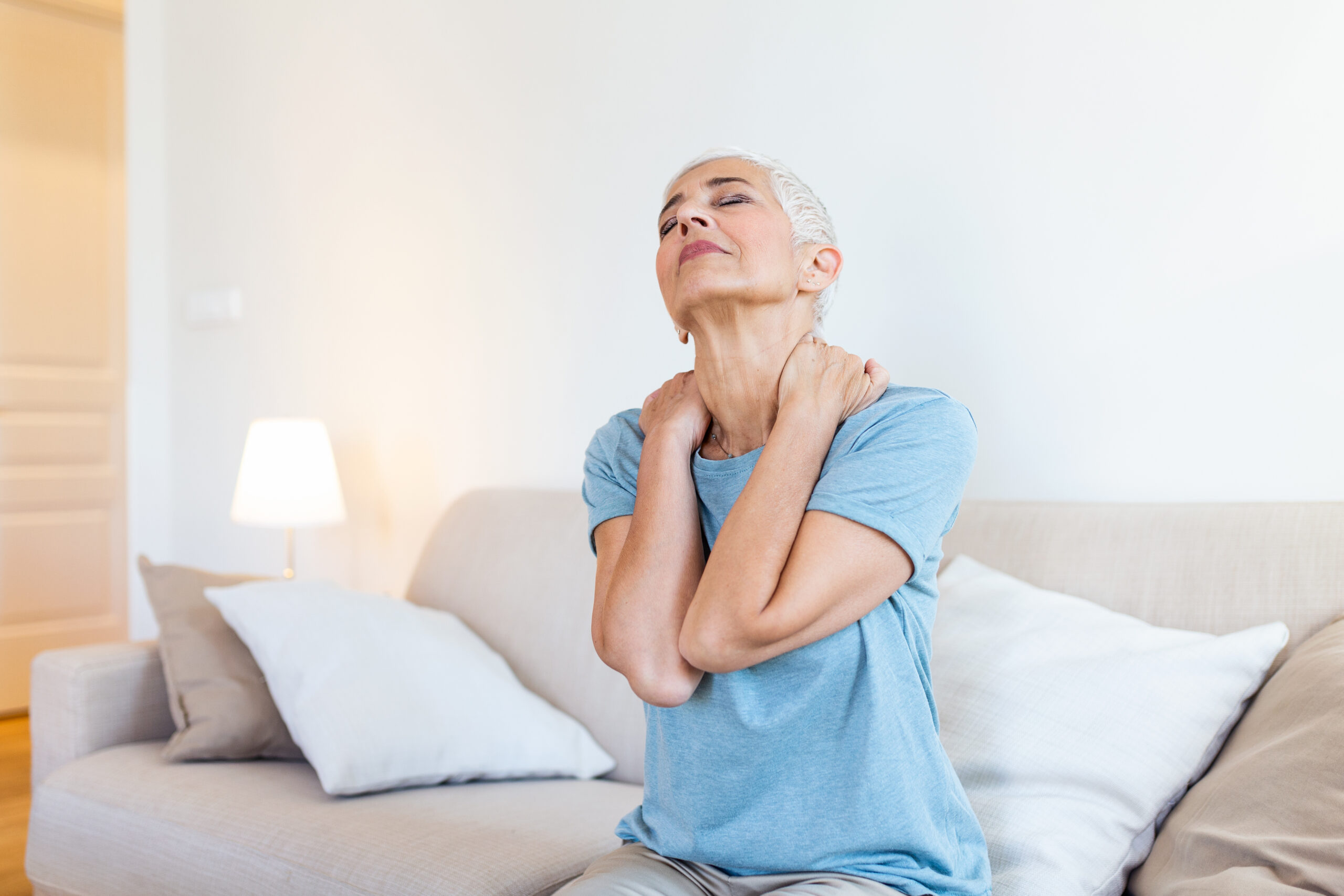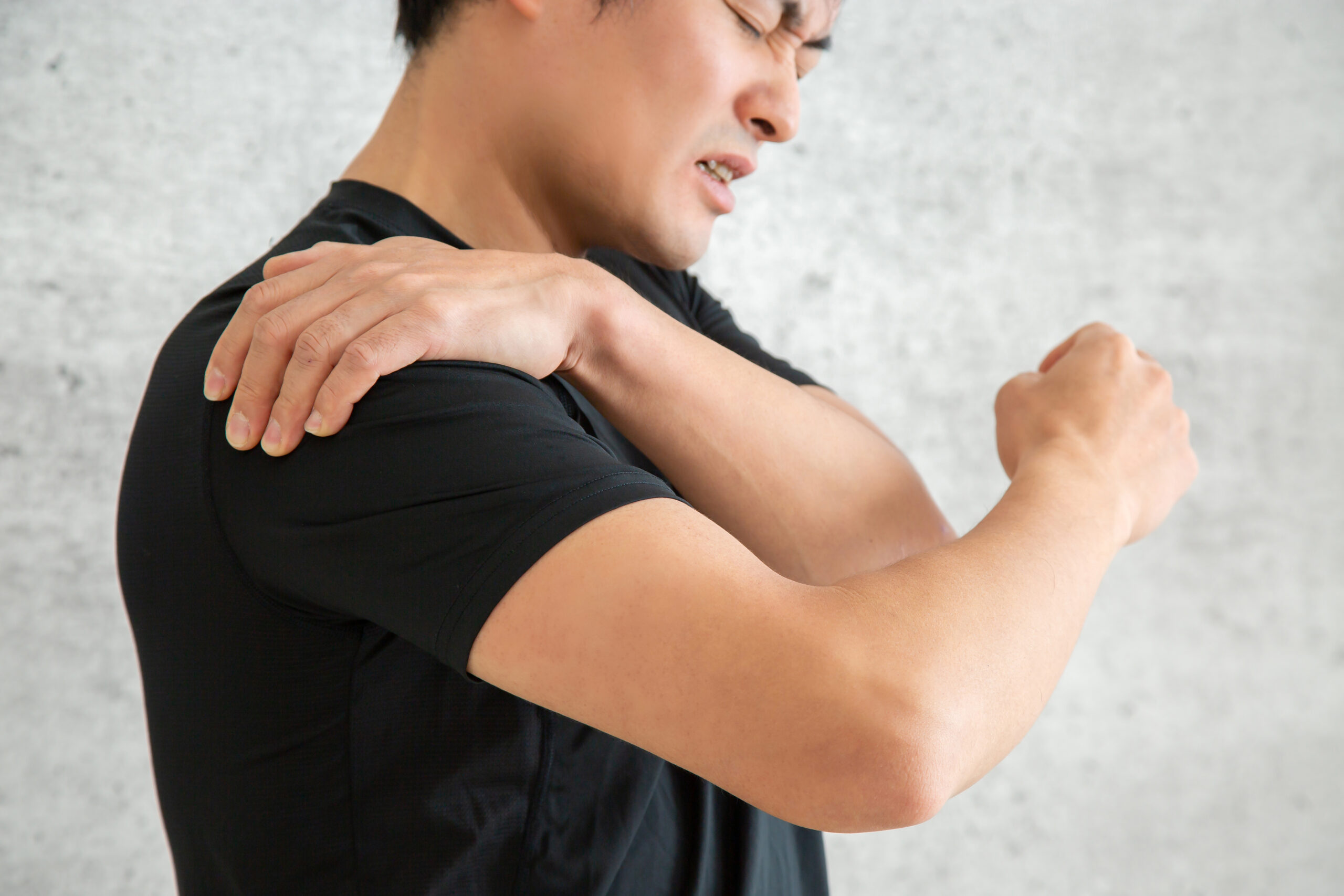Neuromuscular Conditions
Disorders affecting nerves and muscles—such as peripheral neuropathies and myopathies—manifest as weakness, pain or sensory loss, requiring integrated diagnostic and rehabilitative approaches.
What are neuromuscular conditions?
“Neuromuscular” covers problems of the peripheral nerves, neuromuscular junction and muscles. They can develop gradually or present suddenly after illness, medication changes or injury. Getting the right diagnosis early matters, because treatments differ widely and the best outcomes come from a coordinated plan.


Common signs & symptoms
-
Weakness (often starting in the thighs/hips or shoulders/arms)
-
Numbness, tingling, burning pain or loss of vibration/position sense
-
Cramps, muscle wasting, twitching (fasciculations)
-
Balance problems, frequent trips or falls
-
Fatigue and exercise intolerance
-
Swallowing, speech or breathing difficulties when bulbar/respiratory muscles are affected

Conditions we manage
-
Peripheral neuropathies: diabetic, inflammatory (e.g., CIDP), toxic/chemotherapy-related, hereditary (e.g., CMT), entrapments (carpal tunnel, ulnar).
-
Myopathies: inflammatory (polymyositis, dermatomyositis, IMNM), endocrine/toxic (e.g., thyroid, statin-related), genetic/limb–girdle, metabolic/mitochondrial.
-
Neuromuscular junction disorders: myasthenia gravis, Lambert–Eaton.
-
Radiculopathies/plexopathies and focal nerve injuries.
Where needed, Dr Manfredonia coordinates closely with specialist centres for complex or rapidly progressive disorders.
agnosis with neurophysiology expertise
-
Clinical assessment: pattern of weakness/sensory change, tempo, triggers, family/medication history.
-
Nerve Conduction Studies (NCS) & EMG: clarify axonal vs demyelinating neuropathy, myopathic patterns, root/plexus involvement; repetitive stimulation or single-fibre EMG for suspected myasthenia.
-
Laboratory tests: CK/aldolase, thyroid, B12/MMA, diabetes screening, renal/liver profile; myositis-specific antibodies; AChR/MuSK antibodies for myasthenia; serum protein electrophoresis for paraproteins.
-
Imaging: muscle MRI (STIR/fat mapping) to locate active inflammation and guide biopsy; targeted nerve/spine imaging when indicated.
-
Biopsy & genetics: muscle/nerve biopsy and next-generation genetic panels where appropriate.
Findings are integrated into a clear, plain-English diagnosis with an actionable plan.
Personalised treatment plans
-
Treat the cause: glucose and B12 optimisation; review of medications (e.g., stopping or switching statins/chemotherapy where safe); endocrine correction; immunotherapy for inflammatory neuropathy/myopathy (steroids, IVIg, steroid-sparing agents, biologics) when indicated; myasthenia protocols (pyridostigmine, immunotherapy, thymus review).
-
Pain & symptom control: stepwise neuropathic pain regimens, spasm/cramp strategies, topical options and sleep/mood support.
-
Rehabilitation: targeted physiotherapy (strength, balance, gait), occupational therapy (energy conservation, home/work adaptations), orthotics (AFOs, wrist splints) and falls-prevention.
-
Bulbar/respiratory care: early speech & language therapy for swallowing/voice; respiratory assessment, cough-assist and non-invasive ventilation when required.
-
Lifestyle & safety: foot care in diabetes, footwear and skin checks, pacing, nutrition, bone health and return-to-activity plans.
Living well with neuromuscular disease
Progress is tracked against functional goals (stairs, walking distance, hand tasks). You’ll leave with a written plan, home exercises, medication schedule and clear triggers for review. Where needed, we link with community rehab, pain teams and specialist charities for ongoing support.
When to seek urgent help
Seek urgent medical attention for rapidly worsening weakness, breathlessness at rest, difficulty swallowing liquids, sudden inability to walk, or new severe pain with fever.
FAQ
Are EMG and NCS painful?
NCS feel like brief taps; EMG involves a very fine needle and is usually well tolerated. Discomfort is short-lived.
Can nerves and muscles recover?
Many do—nerve recovery is slow (around 1 mm/day) and muscles respond to targeted therapy. Treating the underlying cause gives the best chance of improvement.
Will I need long-term medication?
Only if your condition requires it. Many issues improve with short- to medium-term treatment plus rehabilitation and risk-factor control.
BOOK YOUR CONSULTATION
Book a consultation with Dr Francesco Manfredonia (Dr FM) for clear diagnosis, compassionate care and a plan built around your life and goals.
